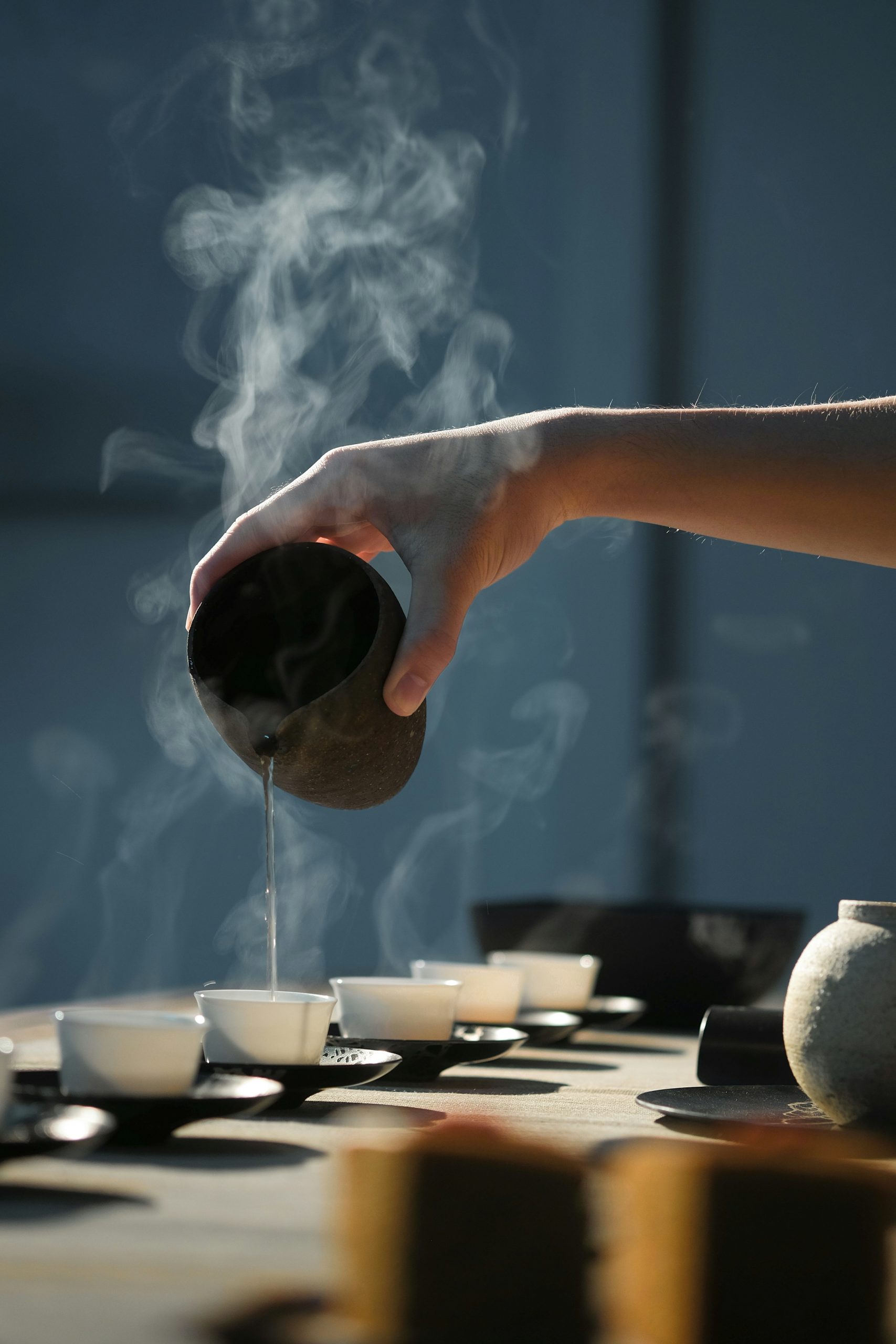Only use Treatments and Remedies That Work
Digestive health is a cornerstone of overall well-being, and for those suffering from ulcers, finding effective treatments is essential for restoring stomach comfort and quality of life. With a variety of ulcer treatments available, many individuals are turning towards natural ulcer remedies that promise relief without the harsh side effects of pharmaceuticals.
From Matula Tea to strategies aimed at tackling H. pylori infections, there is a range of options to explore. In this guide, we’ll dive into proven methods to alleviate peptic ulcer symptoms, offering a blend of traditional and natural approaches designed to support your journey toward an ulcer cure. Rest assured, these methods are crafted to empower you with safe and practical solutions for enhancing your digestive health.
What Are Peptic Ulcer Symptoms?
Peptic ulcers can cause a range of symptoms that vary in intensity and frequency. Commonly, individuals experience a burning or gnawing pain in the stomach, often described as a dull ache. This discomfort is usually felt between meals or during the night and can be temporarily relieved by eating or taking antacids. In addition to pain, other symptoms may include bloating, burping, nausea, and vomiting.
Some people report heartburn, which is a burning sensation that moves from the stomach to the chest. In severe cases, ulcers may lead to weight loss or cause vomiting of blood, which requires immediate medical attention. Recognizing these symptoms early is crucial for effective ulcer treatment. If left untreated, the condition can worsen, leading to complications such as bleeding or perforation of the stomach lining.

The Role of H. Pylori Infection
H. pylori infection is a primary cause of peptic ulcers, affecting a significant portion of the global population. This bacterium compromises the stomach’s protective mucous lining by producing an enzyme called urease, which neutralizes stomach acid.
This process allows H. pylori to thrive and damage the stomach and upper intestinal lining, leading to ulcer formation. While not everyone infected with H. pylori develops ulcers, its presence increases the risk significantly. The infection often goes unnoticed for years, silently causing inflammation and discomfort.
It’s crucial to address H. pylori when considering ulcer treatment, as eradicating the bacterium can lead to healing. Traditional treatments, such as antibiotics, face challenges due to increasing antibiotic resistance, making natural ulcer remedies like matula tea appealing alternatives. Understanding and targeting this bacterium is essential in managing and preventing ulcer-related complications effectively.

Effective Ulcer Treatment Options
Conventional Ulcer Cure Methods
Conventional methods for treating ulcers typically involve a combination of medications aimed at reducing stomach acid and eradicating H. pylori infection. Commonly prescribed drugs include proton pump inhibitors (PPIs) and H2-receptor antagonists, which lower acid production, providing the stomach lining an opportunity to heal.
Antibiotics are supposed to target and eliminate H. pylori, tackling the root cause of many ulcers. But, this dual approach, known as Triple Therapy, is no longer effective and faces major challenges due to antibiotic resistance, impacting its success rates.
Antacids may also be recommended for temporary relief of symptoms like heartburn. However, these treatments often come with side effects, such as nausea or diarrhea, and require strict adherence to dosing schedules.
For those unable to tolerate these medications, or for whom they are ineffective, exploring alternative or complementary therapies may be beneficial.
Understanding the limitations of conventional treatment methods is vital for making informed decisions in managing peptic ulcer symptoms and achieving stomach comfort.

Exploring Natural Ulcer Remedies
Natural ulcer remedies offer promising alternatives for those seeking effective relief without the side effects associated with conventional treatments. Matula Tea, for instance, is a popular choice known for its time-tested ability to eradicate H. pylori and support digestive health. This herbal infusion boasts a high success rate of over 98% and is praised for being gentle on the stomach.
Other natural options include probiotics, which help restore gut flora balance, potentially reducing peptic ulcer symptoms – but not able to clear H. pylori infections.
Foods like broccoli sprouts and garlic have antibacterial properties that may inhibit or slow down H. pylori growth. Additionally, honey, particularly Manuka honey, and green tea are celebrated for their soothing and antimicrobial effects. While these remedies can complement traditional treatments, it’s important to realize that they cannot be relied on as standalone cures.
Natural Products for Digestive Health
Benefits of Matula Tea
Unlike conventional treatments, Matula tea is 100% natural, which means it comes with minimal risk of side effects and is gentle on the stomach. Its antibacterial properties not only target the root cause of many ulcers but also promote overall gut health.
The tea is easy to incorporate into daily routines, requiring just two cups a day. With a mild flavor, it is palatable for most individuals, making adherence to the regimen straightforward.
Additionally, the one-time treatment approach simplifies the healing process, providing peace of mind and convenience. For those seeking a reliable, natural ulcer remedy, Matula tea offers a trusted and proven solution for enhancing stomach comfort and digestive health.
OR…
